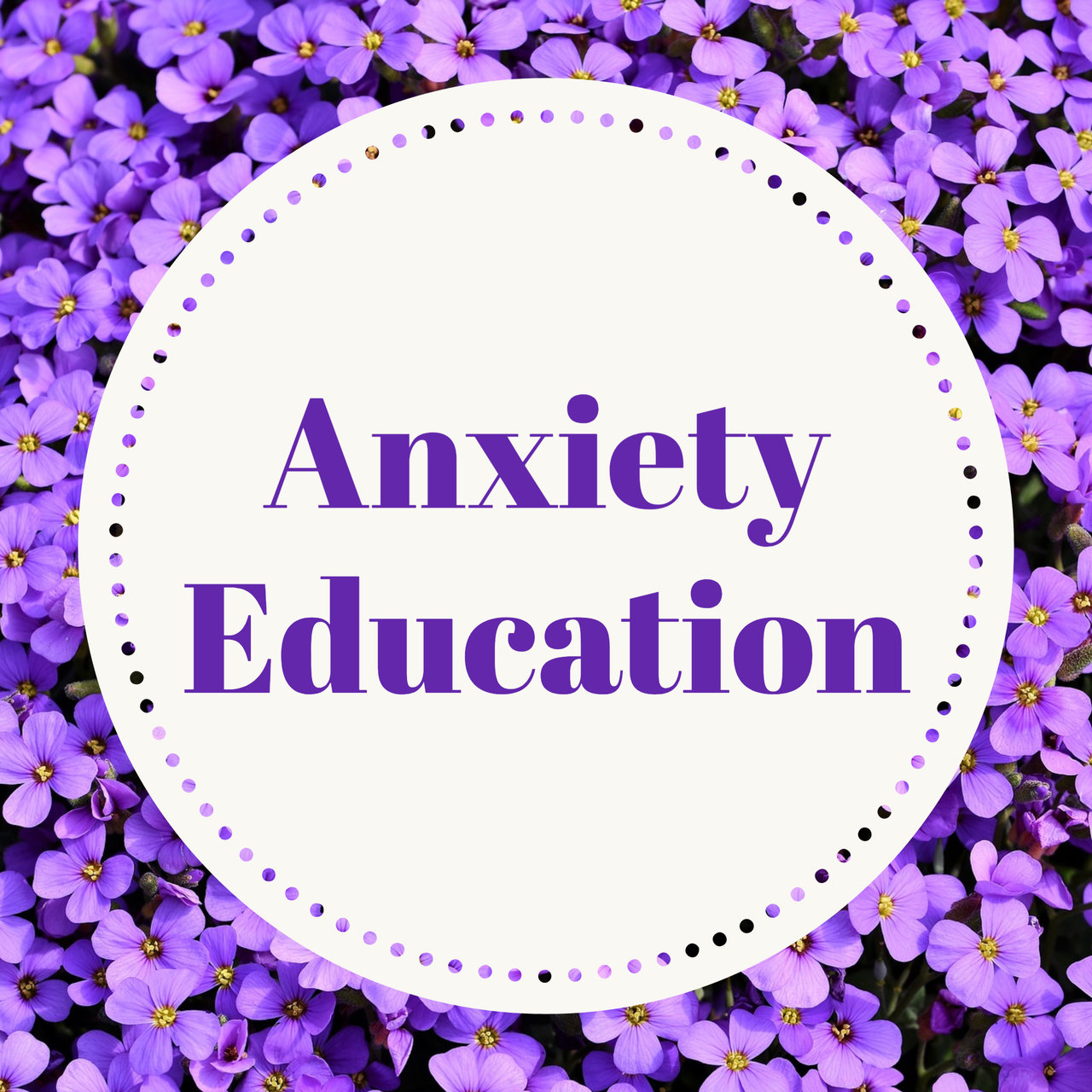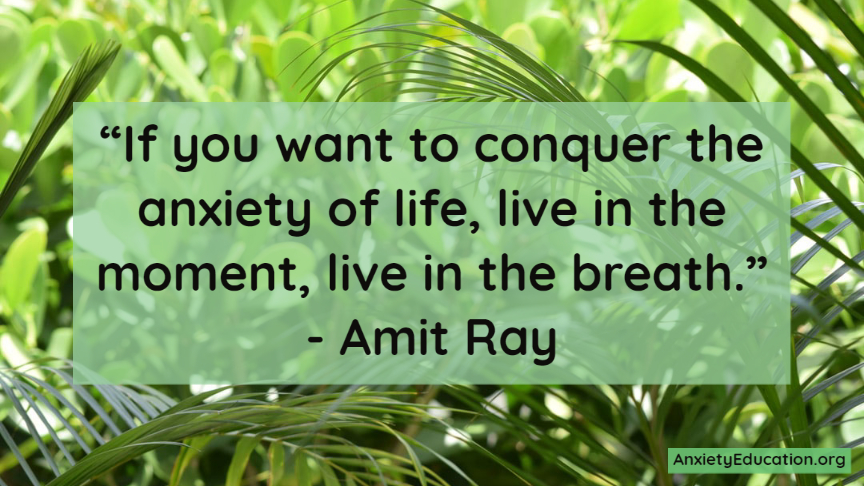
What Causes Anxiety and Can Herbal Supplements Help?
Anxiety is a normal human response to stress. It’s common for people to feel anxious about certain life events, especially when those events are out of those people’s control. Some events may include changing jobs, taking a test, or encountering a problem at work. On the other hand, anxiety disorders are different. They can cause so much stress that it interferes with living a normal life. Furthermore, this stress can show up mentally or physically. In order to know how to manage anxiety, it’s essential to understand what causes anxiety. However, you first need to know if you have an anxiety disorder in the first place.
How to Know If You Have Anxiety
Knowing if you have a type of anxiety that needs to be treated is not always easy. In many cases, you can alleviate anxiety by exercising, making dietary changes or meditating. However, when the symptoms of anxiety are greater than the events that trigger them, this could be a sign of an anxiety disorder.
Symptoms of anxiety disorders can show up in many different ways. These include:
- Excessive worry
- Excessive agitation and irritability
- Uncontrollable restlessness
- Increased heart rate
- Rapid breathing
- Trembling
- Sweating
- Fatigue
- Lack of concentration
- Muscle tension
- Insomnia
- Panic attacks
- Social avoidance
- Irrational fears or having a sense of impending danger
- Gastrointestinal problems
- Avoidance of everyday triggers of anxiety
- Experiencing gastrointestinal (GI) problems
- Having difficulty controlling worry
If you are experiencing any combination of these symptoms, you may want to find out if you have an anxiety disorder. You can do this by scheduling a visit with your doctor for a referral to a psychiatrist. Beforehand, however, it might be helpful to take an online test. In addition, researching what causes anxiety can give you a better understanding of what triggers yours.
What Causes Anxiety?
Pinpointing the exact causes of anxiety disorder is difficult. According to the National Institute of Mental Health (NIMH), a combination of environmental and genetic factors often play a role. In addition, researchers are investigating brain chemistry as another possible cause.
Anxiety disorders often co-occur with other mental conditions. These include depression and substance use disorders (SUDs). Many try to alleviate the symptoms of anxiety by using alcohol and other drugs. However, relief with these substances is only temporary. In addition, addiction to these substances can worsen an anxiety disorder. Withdrawal from them can have the same effect.
One study involving twins suggests that genetics can play a role in anxiety. Specifically, the RBFOX1 gene may be related to conditions like generalized anxiety disorder.
Other Risk Factors
Finally, other risk factors can contribute to an anxiety disorder, including:
- Environmental stressors like losing a job or a loved one can be so severe as to contribute to an anxiety disorder. Furthermore, when the effects of stress begin to make a normal life difficult or impossible, this could be a sign of chronic anxiety.
- Heredity can also play a role in anxiety. If a family member has an anxiety disorder, your risk is greater for developing one.
- Personality type may contribute to anxiety disorders. For instance, perfectionists and those with Type A personalities have a higher risk.
- Trauma like verbal or physical abuse, rape or military combat increases the risk of excessive anxiety. Even witnessing trauma can contribute to an anxiety disorder.
- Gender can also affect your chances of developing an anxiety disorder. Women are 2 times more likely than men to have generalized anxiety disorder.
- Underlying medical conditions also can contribute to anxiety, such as chronic pain, heart disease and respiratory conditions, just to name a few.
Types of Anxiety Disorders
Once it’s determined that you have anxiety that needs to be treated, it’s time to determine what type of anxiety disorder you have. There are 5 predominant types of anxiety disorders. These include:
- Generalized Anxiety Disorder is characterized by exaggerated tension and worry and chronic anxiety. This is true even when little or nothing is happening to provoke it.
- Obsessive-Compulsive Disorder is associated with unwanted and recurrent thoughts (obsessions) accompanied by repetitive behaviors (compulsions).
- Post-Traumatic Stress Disorder (PTSD) develops after exposure to a terrifying event resulting in grave physical harm or threat. Events that can trigger PTSD include violent assaults, natural disasters, traumatic accidents or military combat.
- Social Phobia (also known as Social Anxiety Disorder) is characterized by excessive anxiety in everyday social situations. It can be limited to a single fear, such as speaking in front of people. However, it can be so severe as to make a person feel symptoms anytime they are around others.
Herbal Supplements for Anxiety
There are certain herbs containing phytochemicals or alkaloids that can ease symptoms of anxiety, as well as help you manage anxiety. Typically, herbal supplements come in the following forms:
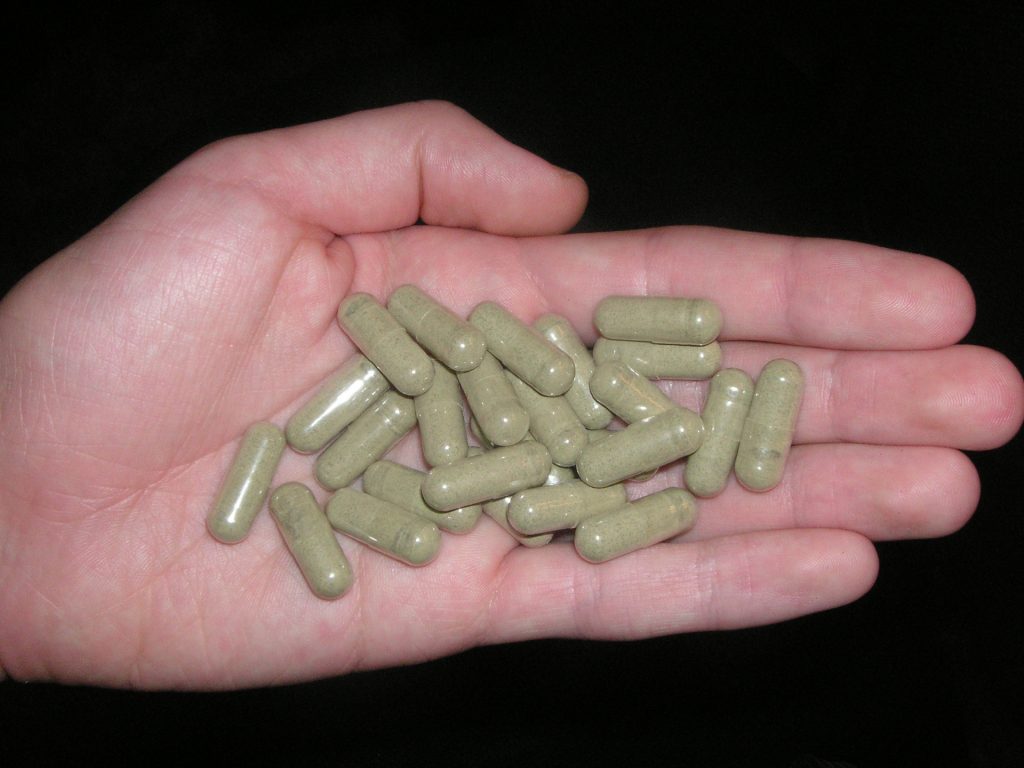
- Tincture
- Extract
- Tea
- Capsule
- Tablets
- Powder
- Crushed leaf
One study published in the Nutrition Journal found that the following herbal supplements for anxiety were effective at varying levels.
Kava Kava
Known botanically as Piper methysticum, kava kava is a plant native to the Pacific Islands. Natives have traditionally used this herb as a calming tonic. It functions by targeting GABA receptors that manage symptoms of anxiety disorder. In this way, kava kava enhances the body’s natural ways to keep anxiety at bay.
Passionflower
This herb has been used as an anxiolytic (anxiety reducer) agent all over the world for centuries. According to research, it was “listed as an official plant drug by the pharmacopoeias of America, Britain, Germany, France, Switzerland, Egypt and India.” Due to how many uses it has, it is considered an acceptable treatment option for nervousness and restlessness.
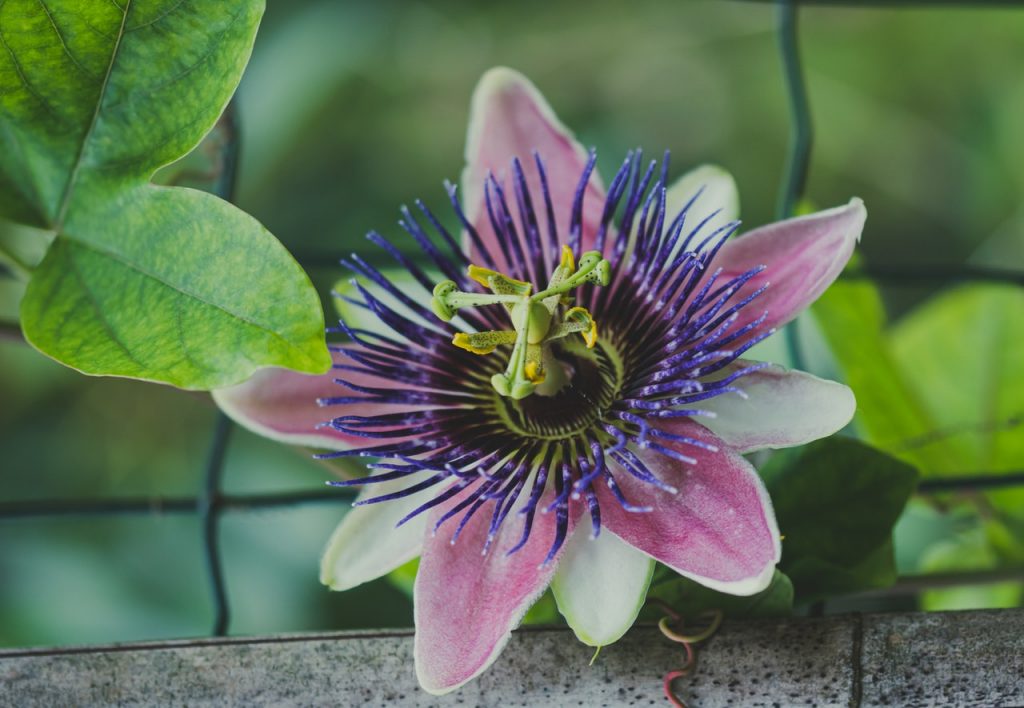
Although little research is available for the following herbal supplements, users of them report positive results.
Kratom
Kratom refers to the Mitragyna Speciosa tree, which is native to Southeast Asia. The leaves contain the alkaloids mitragynine and 7-hydroxymitragynine. Although not an opiate (aka opioid), users report that it produces similar effects. For example, many claim it both eases anxiety and alleviates pain. A strain of kratom that is effective for managing anxiety is Red Borneo. Other touted benefits of this type of kratom powder is increased energy and cognitive alertness. It’s important to research Red Borneo powder online to learn more about effective dosages for different ailments.
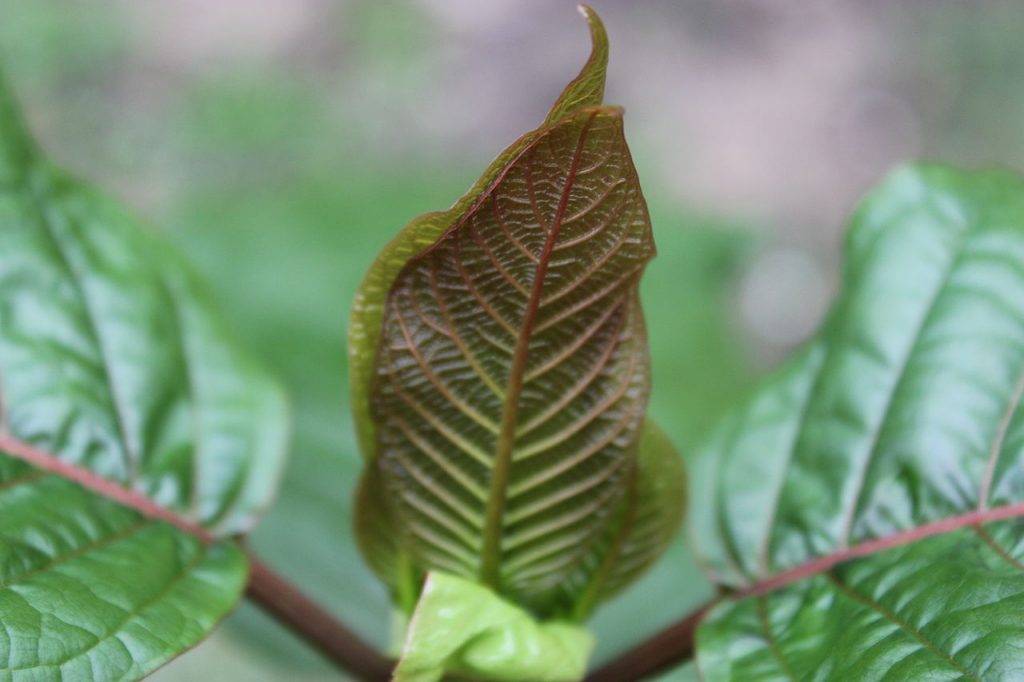
Cannabidiol (CBD)
Many people report that CBD is effective for easing anxiety. In addition, many users claim it is helpful for alleviating chronic pain and insomnia. This herbal supplement comes in various forms, including a topical oil, consumable oil, gummies and capsules.
